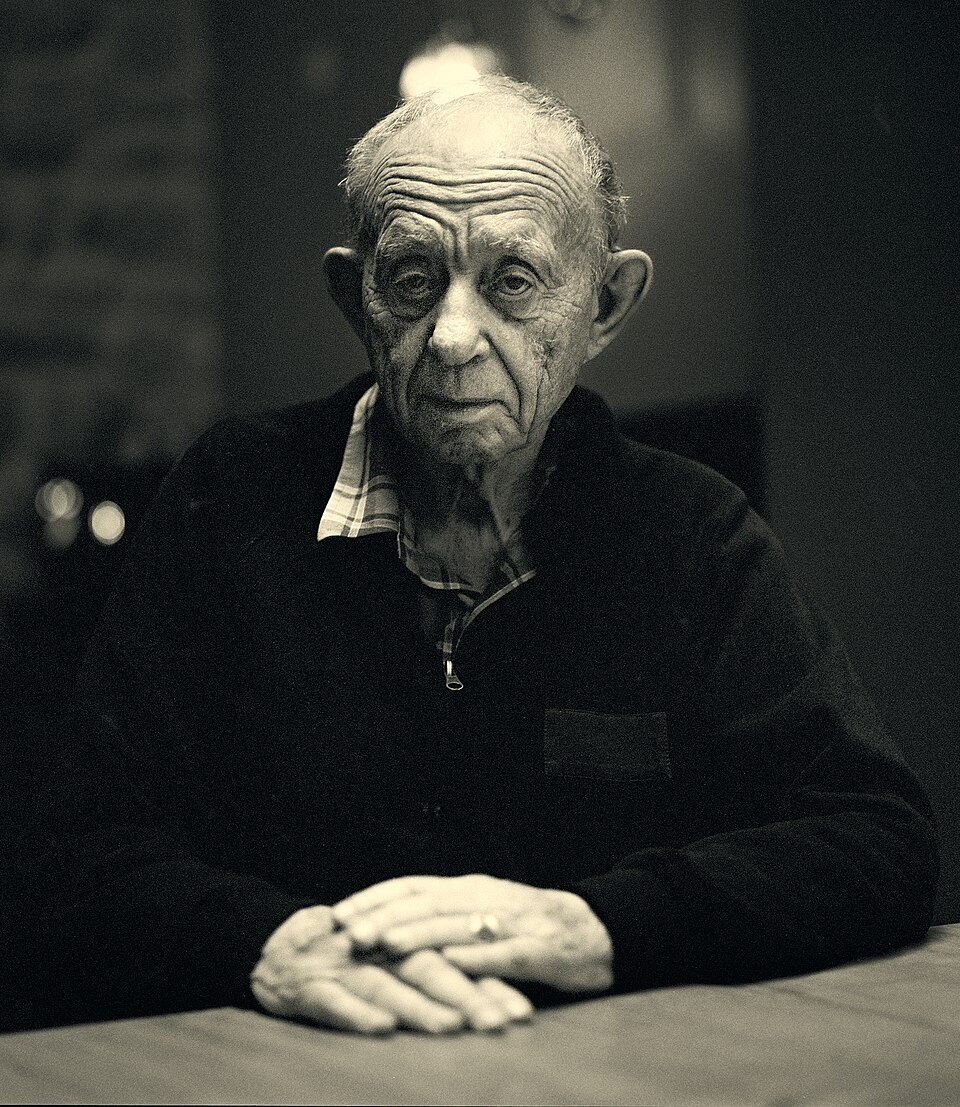In Defense of “Midwestern Nice”
November 18, 2018
Last week I read Sarah Smarsh’s opinion piece in The New York Times, entitled, “A Blue Wave in Kansas? Don’t Be So Surprised.” In the op-ed, Smarsh also dissected “Midwestern nice” as a misunderstood phenomenon of passive aggression. In reality, Midwestern nice, Smarsh argued, demonstrates the stoic restraint and composure of the often-underestimated people who inhabit “fly-over country.”
One of the examples Smarsh gave of this steely Midwestern nice was of U.S. Senator Amy Klobuchar’s “pained smile” during Supreme Court Justice Brett Kavanaugh’s confirmation hearing. Now Justice Kavanaugh kept repeating to the Minnesota Senator “Have you?” as she attempted to find out if Kavanaugh remembered blacking out from drinking in college. After the hostile back and forth, Kavanaugh finally comes to his senses and said, “Sorry I did that, this is a tough process.”
“I appreciate that,” Klobuchar responded. “When you have a parent that’s an alcoholic, you’re pretty careful about drinking.”
Bam! And that exchange between Klobuchar and Kavanaugh is a classic example of the power and strength of Midwestern nice. While Southerners have the nuanced “bless your heart,” which can stand in as a sincere expression of sympathy to a more genteel way of saying “what an idiot,” many Midwesterners have a willingness and patience to listen until we throw whatever stupidity or aggression has been thrown at us back at the speaker, the verbal equivalent of catch-and-release. If you are still scratching your head at what some Midwestern phrases really mean, Raygun explores what Midwestern nice is and some of our stock phrases’ translations.
My colleague, John Griswold, wrote about the “sweet [Midwestern] lady at the rental counter” in John Hughes’ 1987 film, Planes, Trains, and Automobiles. But if you watch that clip closely, you see Midwestern nice rear its noble clapback. When the Marathon rental car desk clerk, expertly played by Kansas City, Missouri native and stand-up comic Edie McClurg, finally wraps up her phone conversation about Mom cooking the Thanksgiving turkey and someone else making the ambrosia while a long line of travelers wait to book their holiday rental cars, Steve Martin launches into his f-bomb tirade about the craptastic company and the clerk’s need to wipe that “fucking dumbass smile off your rosy-fucking-cheeks.” Her retort of, “I really don’t care for the way you’re speaking to me” harnesses boundary-setting, manners, and plainspoken resolve.
While the rest of the country may see our understated barbs as passive aggression at its finest, I think there is something lovely and human about withstanding active aggression with resistance and evidence that we are, in fact, paying attention.
Writer, Ina-Garten-lover, and “bad feminist” Roxane Gay, born and raised in Omaha, Nebraska and finishing out her final year of teaching at Purdue in West Lafayette, Indiana, is the queen of Twitter clapbacks and calling out fools gladly. Take for instance this November 14th Tweet in response to a now-deleted Twitter user named Josh criticizing Gay for supposedly eating a second slice of cake: “Oh, Josh. Congratulations on recognizing that I am fat, making an easy, lazy, little joke about it, and thereby letting everyone know how asinine you are. Cake is fucking delicious.” What Gay said to rude Josh was not cutting or mean-spirited; she simply owns who she is, what she likes, and what an ass Josh is for being fatphobic.
And if you notice, Midwestern nice tends to be a gendered construct. In the Coen Brothers’ love letter to the upper Midwest and their home state of Minnesota, the 1996 film Fargo, William H. Macy’s character, Jerry Lundegaard, does express impatience, impoliteness, and rage, especially while scraping ice off his windshield after a failed meeting with his cocksure father-in-law and at being questioned by the whip-smart Brainerd Chief of Police Marge Gunderson, played by the exquisite Frances McDormand. “Sir, you have no call to get snippy with me; I’m just doing my job here,” Gunderson says to Lundegaard as he does his best to obfuscate.
McDormand’s ability to directly state the social norm Macy’s character violates is what Midwestern nice does at its best. Midwestern nice reminds others not that we are repressed or unable to be direct, but rather we do our best to handle frustration and disappointment with decorum and mirroring. We do not always succeed at this aim, to be sure. And that is when, in our most polite voices, we are happy to channel our inner Marathon car rental lady.





